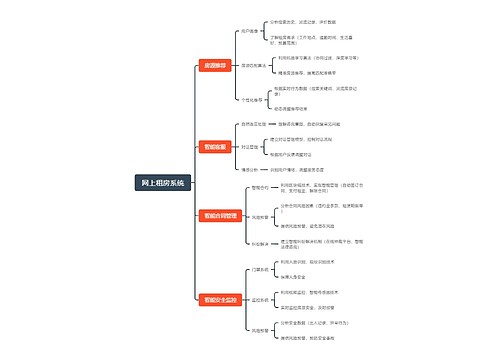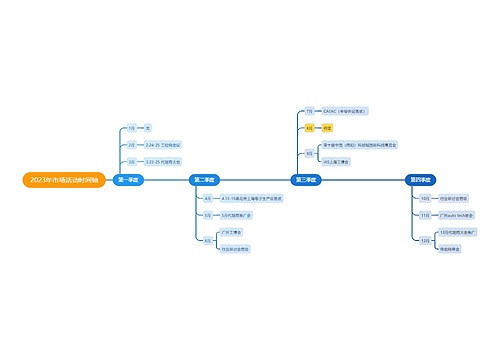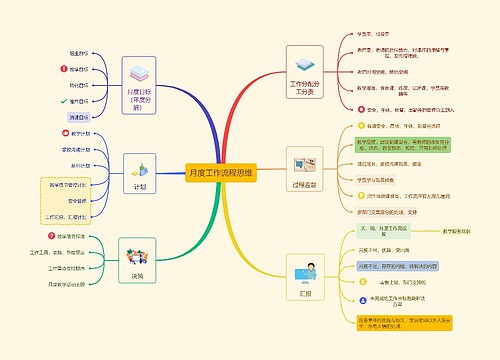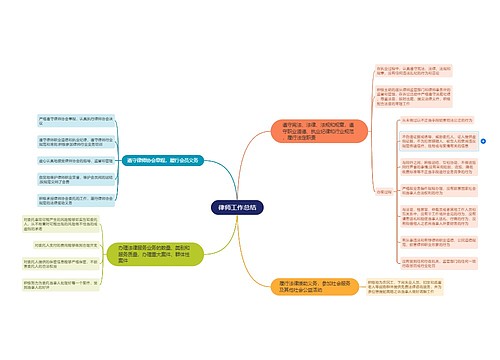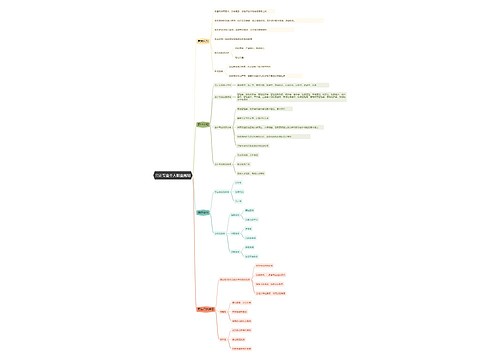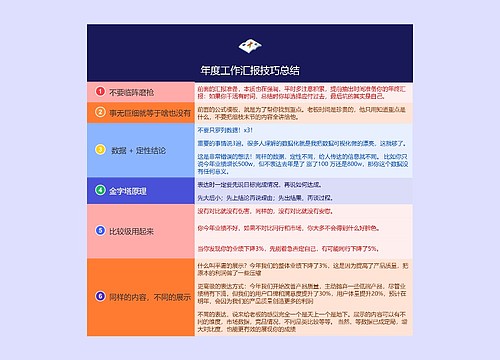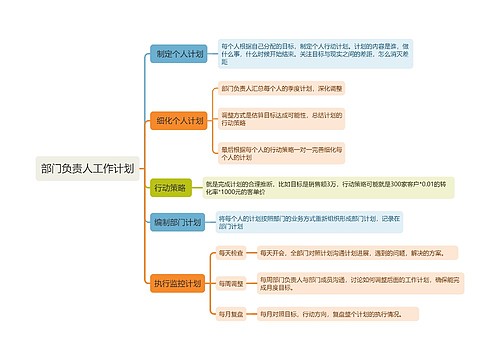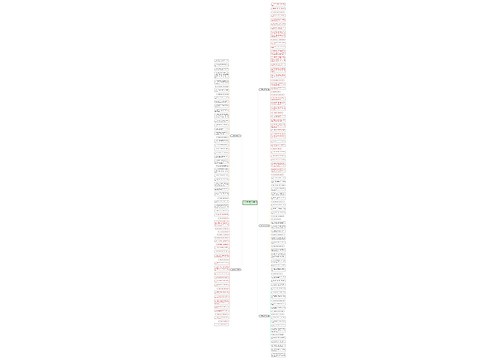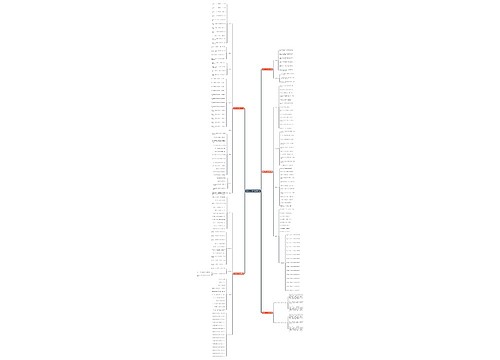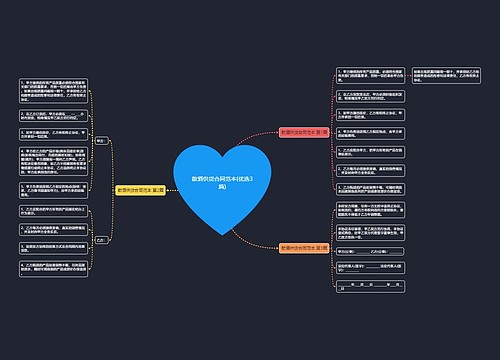Informal learning occurs through today's experience (for example, one learns to look forward when walking, because he doesn't pay attention to where he wants to go. This is learning from life. When eating with his parents, playing and exploring formal learning is learning.
In teacher-student relationship, for example, in the school , informal learning is organized outside the formal learning Learning, . in clubs or (International) youth organizations, by gathering with people with similar interests and exchanging views, the seminar education can use formal, informal and informal learning methods. The United Nations and the European Union recognize that these different forms of learning in some schools can receive scores in the formal learning if they are in the They have time to help with international youth seminars and training courses if they prepare, contribute, share and demonstrate this, providing valuable new insights, helping to acquire new skills, gaining organizational and teaching experience.
Other key learning skills include: eliminating distractions, improving focus on homework and other activities Keep balance between activities to reduce stress, such as anxiety caused by test anxiety, strategy for writing s, fast reading notes taking notes specific learning strategies to prepare for learning skills, such as quickly solving a Rubiks cube, several factors work at the same time: direction helps people learn to solve Rubiks cube model, repeatedly practice actions, and long-term practice helps muscle record Recall, so critical thinking about actions helps to find shortcuts, which in turn helps speed up future attempts. The six colors of the Rubik cube help anchor the solution. It's helpful to revisit the cube occasionally in the mind to prevent the loss of skill gre.
中文翻译:
非正式学习是通过今天的经历发生的(例如,一个人在走路的时候会学会向前看,因为不注意自己要去的地方,这是从生活中学习,在和父母一起吃饭时,玩耍,探索正式学习就是学习在师生关系中,例如在学校系统中,非正规学习是在正式学习系统之外有组织的学习,例如:在俱乐部或(国际)青年组织中,通过与具有相似兴趣的人聚在一起并交换观点来学习,研讨会教育系统可以使用正式、非正式和非正规的学习方法和欧盟承认一些学校的这些不同的学习形式学生可以在正式学习系统中获得分数,如果他们在信息学习回路中完成工作,他们可以有时间帮助国际青年研讨会和培训课程,前提是他们准备、贡献、分享和证明这一点提供了宝贵的新见解,有助于获得新技能,获得组织、教学经验,其他一些关键的学习技巧包括:消除分心,提高注意力集中在家庭作业和其他活动之间保持平衡减轻压力,如考试焦虑引起的焦虑写论文的策略快速阅读笔记记笔记特定的学习策略为学习技能做准备,例如快速解出一个Rubiks立方体,几个因素同时发挥作用:方向帮助人们学习解决Rubiks立方体的模式反复练习动作,并且长时间练习有助于肌肉记忆,因此对动作进行批判性思考有助于找到捷径,这反过来有助于加速未来的尝试鲁比克立方体六种颜色有助于锚定解决它在头脑中偶尔重温立方体有助于防止技能损失GRE。

 U249128194
U249128194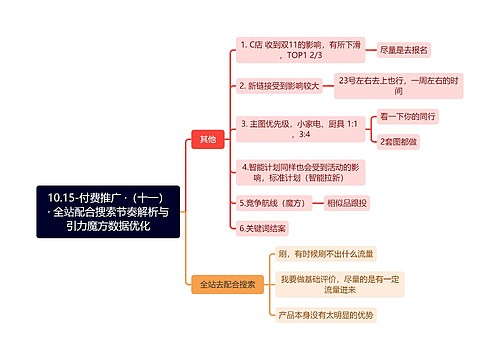
 U182064597
U182064597